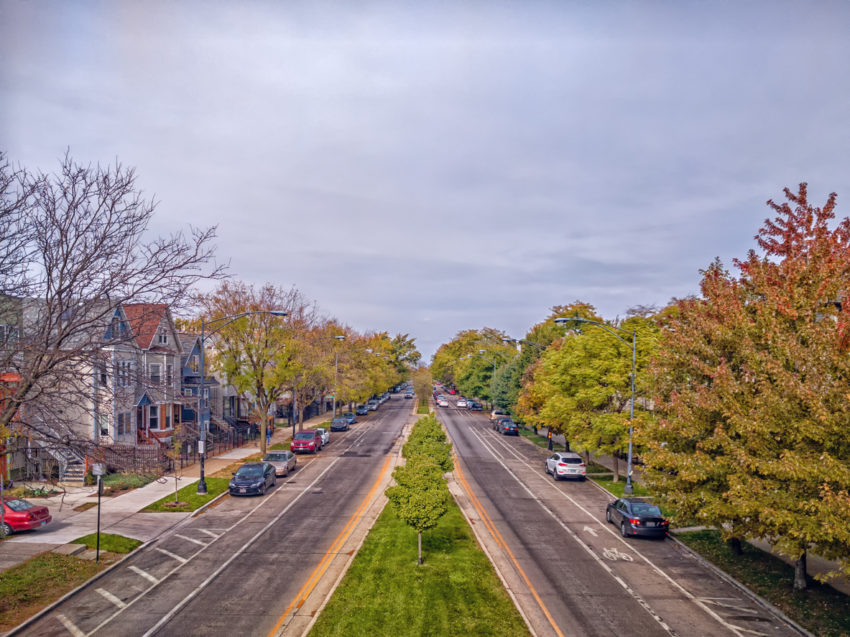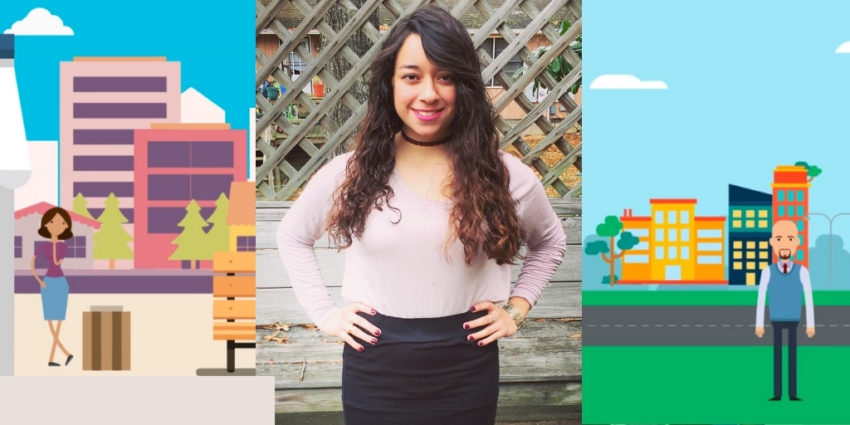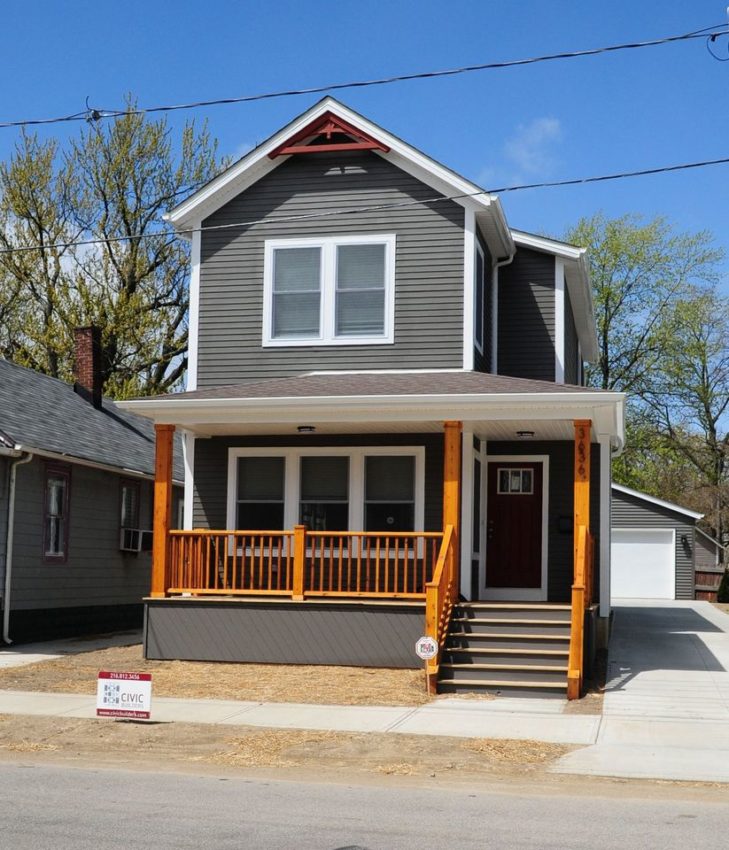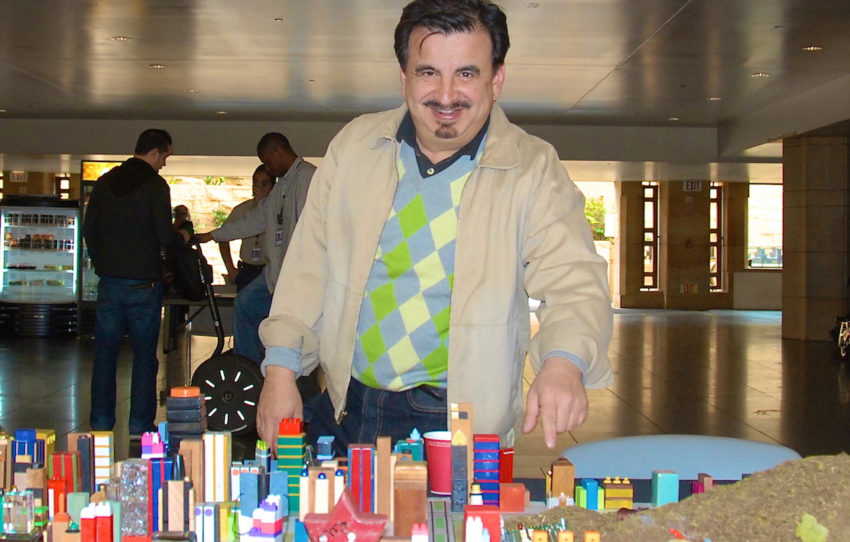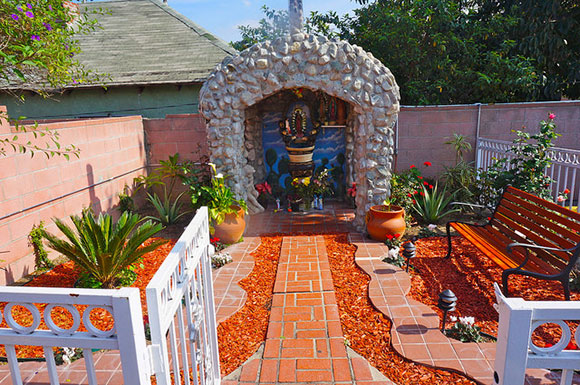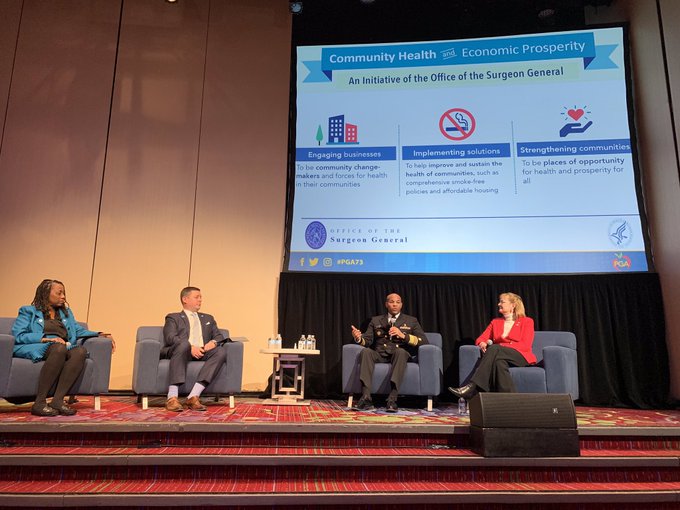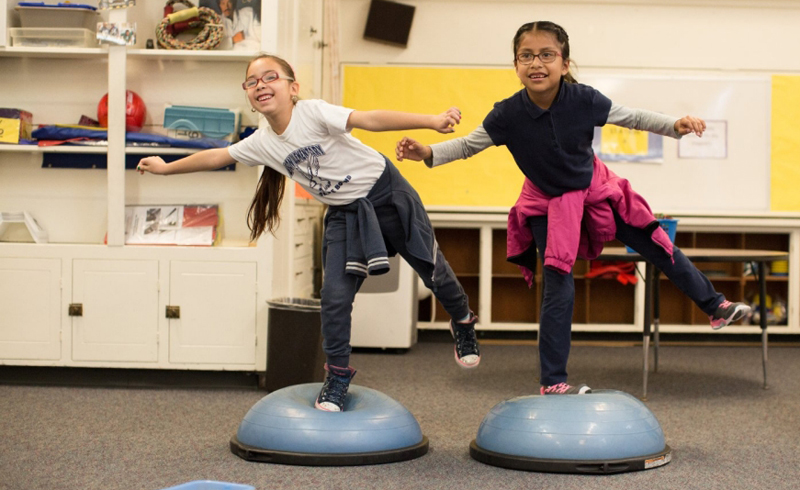In New Class Oaths, Medical Students Commit to Fight Racial Injustices
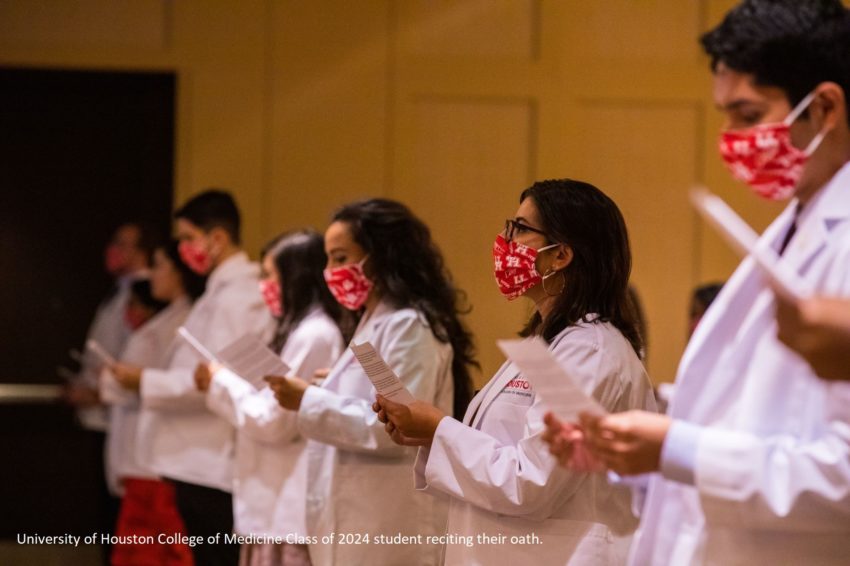
In medical schools across the country, students in medical, nursing, and physician assistant programs participate in a ritual known as the white coat ceremony. This signifies the beginning of their journeys to achieve the long white lab coat, a well-recognized symbol of respect and professionalism. During the ceremony, students receive a short white lab coat and recite a class oath or pledge, acknowledging their obligation to compassion and scientific excellence as health care providers. Incoming students often write their own class oaths. This year, amid a civil rights movement protesting police brutality and global health pandemic, students at two medical schools stand out for writing class oaths that acknowledge racism’s impact on public health. These new oaths call for ...
Read More
